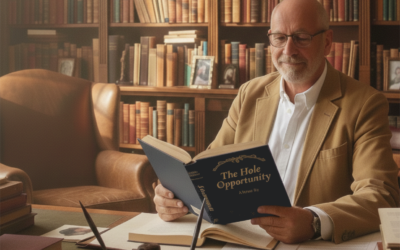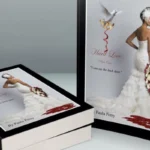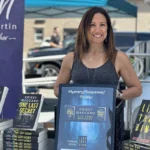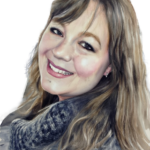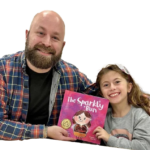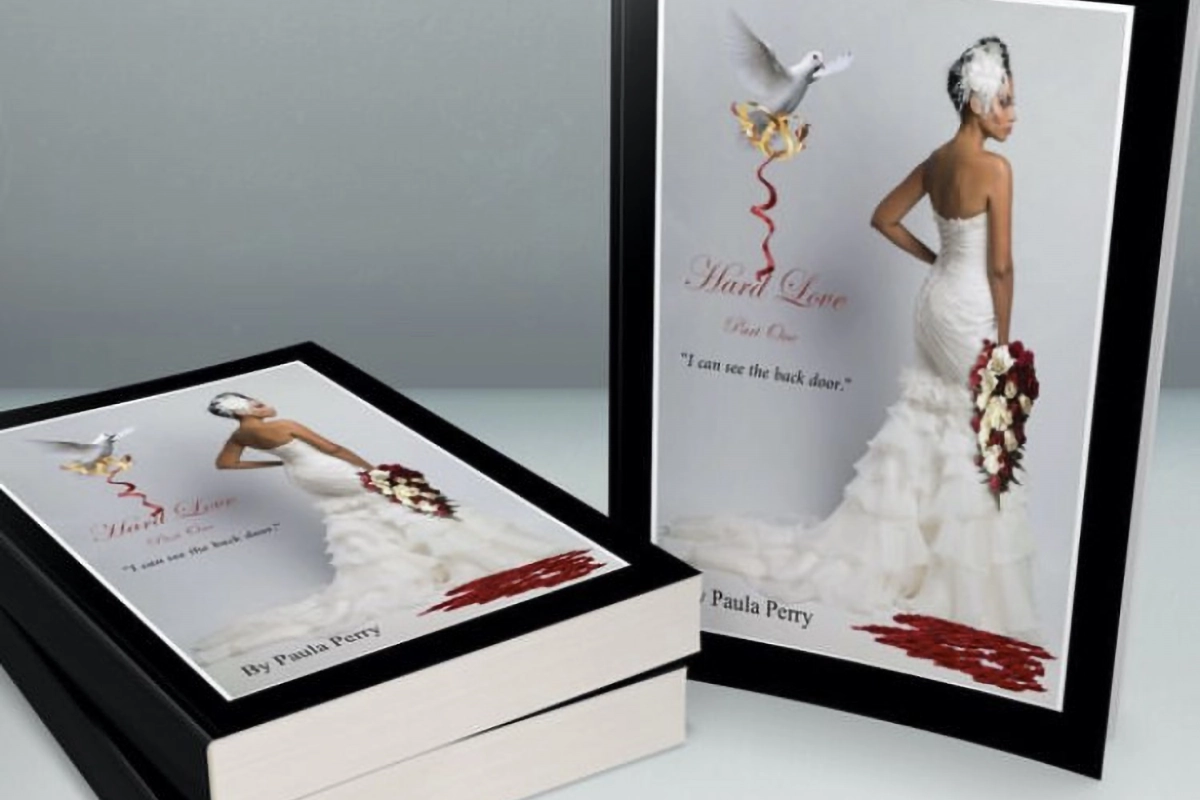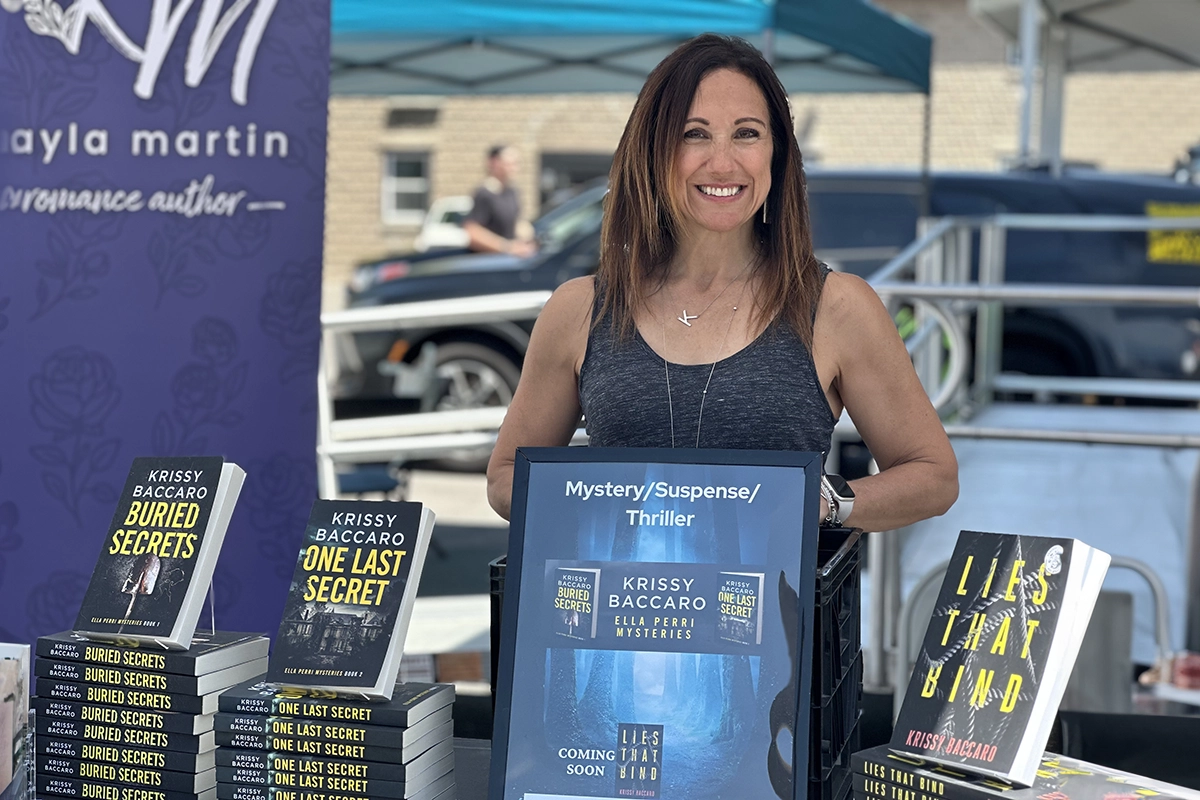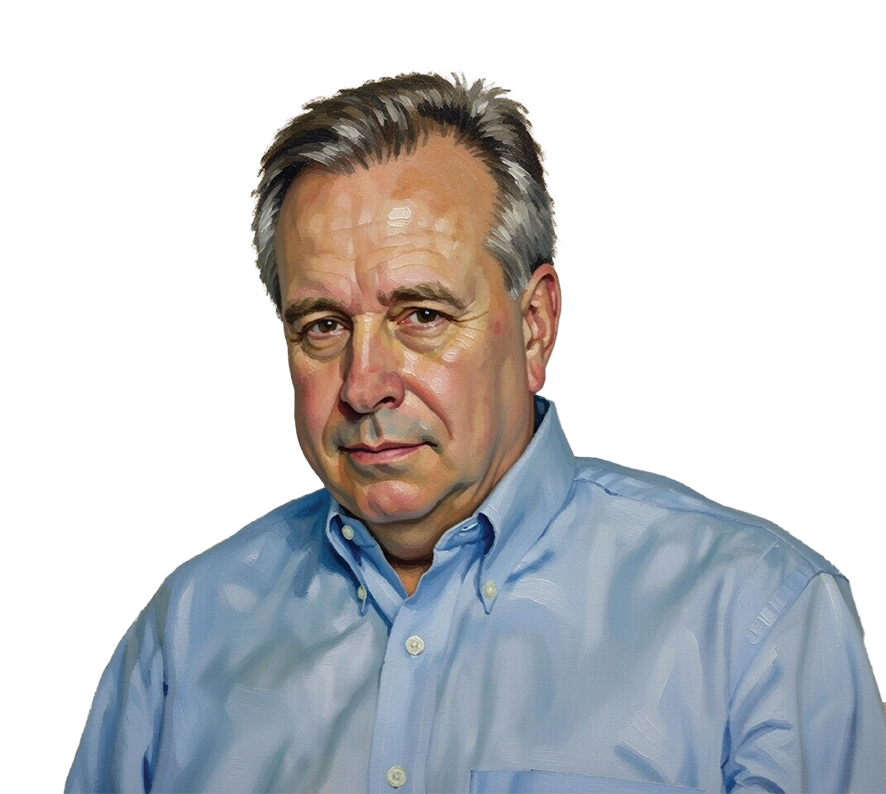Thomas Swartz Explores Humanity’s Future Among The Stars
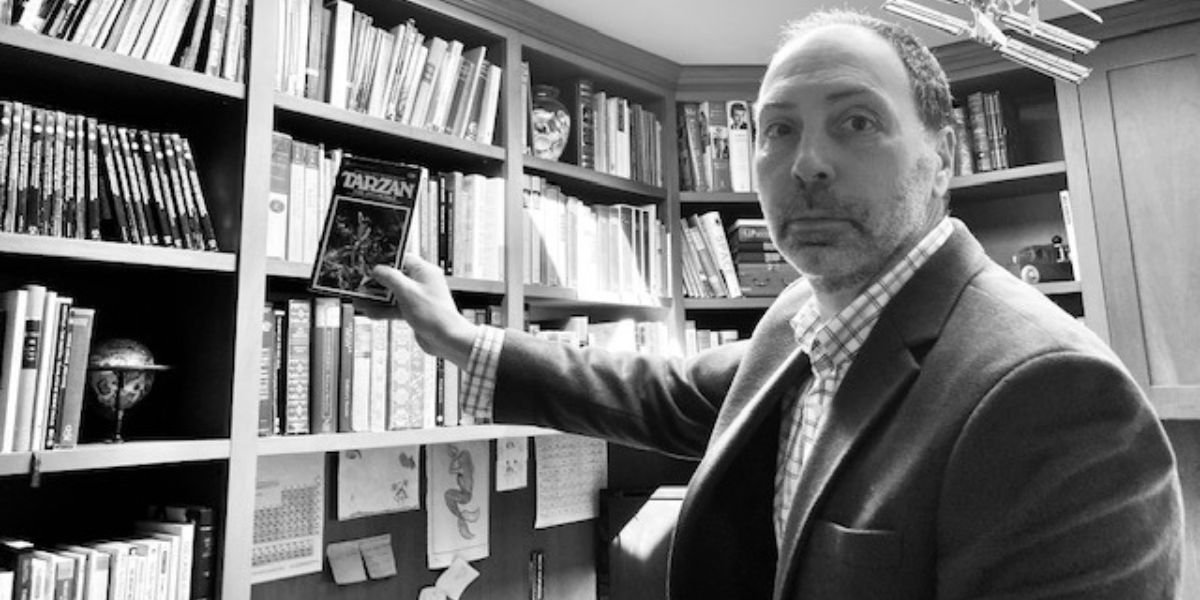
PHOTO: Author Thomas Swartz, creator of the Orbits series, envisions a deeply human future among the stars.
A Visionary Storyteller Blends Science, Emotion, And The Human Spirit In His Captivating Orbits Series
Thomas Swartz’s Orbits series envisions a near-future where space exploration intertwines with humanity’s moral and emotional evolution, showcasing his ability to merge realism, imagination, and heart in thought-provoking storytelling.
Thomas Swartz brings a refreshing and human-centred approach to science fiction—one that blends imagination, realism, and heart. His Orbits series captures the awe of space exploration while keeping readers grounded in the relatable struggles, triumphs, and philosophies of its characters. Swartz doesn’t write about distant galaxies or incomprehensible technologies; instead, he crafts a near-future vision that feels attainable, thrilling, and deeply human.
A former lawyer turned storyteller, Swartz found his voice through bedtime tales for his children, transforming simple stories into a full-fledged passion for creative writing. His commitment to portraying characters with depth—flawed, motivated, and full of purpose—anchors his science fiction in emotional truth. With Orbits, he imagines a future where mankind lives among the stars, yet continues to wrestle with the same moral and existential questions that define us today.
Thomas Swartz redefines modern science fiction with emotional depth, believable futures, and characters that remind us of what it truly means to be human.
Mosaic Digest magazine proudly features Thomas Swartz—an author who reminds us that great science fiction isn’t only about where humanity might go, but about who we might become when we get there.
Your extensive writing career spans novels, non-fiction, and short stories. Which genre do you find most fulfilling, and why?
The most fulfilling genre for writing for me is science fiction adventure. This genre provides the greatest opportunity to create anything or any world you want while at the same time speculating about what might happen in the future and how it relates to current conditions and issues. We all see the current world around us and the changes that are currently happening. If you are thoughtful, this naturally leads you to think how far or in what direction these changes will bring us in the future. Plot ideas naturally hatch from this speculation. That is where the excitement comes from for me. You can relate the future to the current.
Can you share the inspiration behind your latest book and the journey from concept to publication?
My inspiration for my series of books Orbits came from hearing about the current problem of how much space junk is orbiting the planet right now, and how much of a problem this will present as we more and more move into a space faring species. We all hear about Elon Musk’s (and others) development of a new class of rockets and spaceships meant to move us to Mars and perhaps beyond. Before we move to other planets, I think it more likely that we will begin to live in Earth orbit, and thus we will have to deal with the problem of space junk to live safely in orbit. So I created a character and his crew whose everyday job it is to remove junk from orbit. Of course along the way these dedicated servants encounter other problems most stemming from the constant battle between good and evil.
“I think of Orbits not as distant fantasy, but as a hopeful glimpse into what’s possible.” – Thomas Swartz
In your experience, what are the most common challenges new authors face, and how can they overcome them?
The biggest challenge is of course having readers find your material. Self publishing is hard. You are on your own. You have to do everything, and you most often don’t know where to start. But you have your independence and I like that. I don’t want to answer to a publisher, an agent or others. But when you have to do everything, time is hard to find to do all at the same time create, write, and promote.
How do you approach character development to ensure they resonate with readers?
I believe that all characters are just like us. They are multifaceted. They of course have a job to do. They have a past. They have something they are working towards for the future. They have strengths and weaknesses. They have a sense of humor. They have romantic interests. Any development of character must demonstrate all of these different facets. As a character moves through a plot all of these qualities must be shown so the reader can identify with them as real multidimensional people just as they are.
With the rise of digital publishing, how has the industry evolved, and what opportunities does it present for emerging writers?
There are so many avenues now to publish your works online. It is almost overwhelming. And things change so rapidly. You constantly get the feeling that maybe you are on the wrong platform, or maybe there is a platform out there that I am not aware of. You just have to try as many as is practical and hope that one is a success.
Could you discuss a pivotal moment in your writing career that significantly shaped your path?
I guess the pivotal moment came for me when I reached a certain age and I found that I wanted to create something. We all get lost in the day-to-day business of living a normal life. But I think we all have this need to create something artistic whether that be writing, music, art etc. We want to leave something behind that says something about ourselves and the world. I started somewhat later in life but when I still had young children. I wanted to create something that maybe someday they will read and have a greater appreciation of their father. I just reached a point where I said now is the time to create something.
What role does research play in your writing process, especially when tackling complex subjects?
As a writer of science fiction, there is some amount of research you have to do to be somewhat realistic to “science.” But I think too much real science in science fiction misses the point. You are creating what might be, not what is. That is why it is still fiction. It is ok in science fiction if the science you present is not real. That would dull the adventure of what might be.
How do you balance staying true to your voice while adapting to market trends and reader expectations?
I basically write for myself. I am honestly not that interested in market trends or reader expectations. If I wrote for those concerns I would feel that I wasn’t being honest. I write what comes to my mind and what I think is interesting, creative, and a good story. If that is interesting to readers then great. If not, I am ok with that as well. Success to me as a writer is not that I catch the latest market trend, but whether I am happy with what I wrote. Did I say what I wanted to say? If yes then I am true to myself.
What advice would you offer to aspiring authors navigating the challenges of the writing and publishing world?
I have no real advice about how to succeed in the publishing world. It is a hard nut to crack. But as a writer, the best I can offer is to find the time and space to sit, think, and let you creative juices flow. Eliminate all other distractions in your day to day life and let the imagination wander. That will lead you to the path to create something beautiful and lasting.


